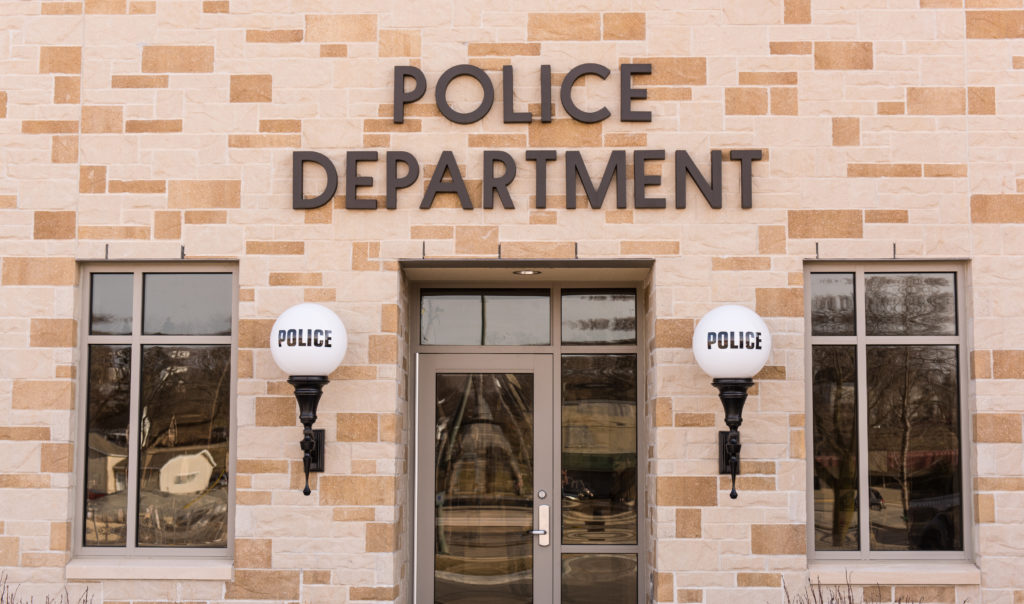 It’s common for sexual assault survivors — including the parents of children who have been sexually assaulted — to hesitate before calling law enforcement. The emotional and physical toll of sexual assault is profound, and survivors may feel embarrassed, confused, and self-blaming about what happened.
It’s common for sexual assault survivors — including the parents of children who have been sexually assaulted — to hesitate before calling law enforcement. The emotional and physical toll of sexual assault is profound, and survivors may feel embarrassed, confused, and self-blaming about what happened.
Reporting a sexual assault to the police is also about stepping into a system that you can’t entirely control, at a time when you are feeling especially vulnerable. It is helpful to know your rights — and to utilize the resources available to you — so you can manage the process in the best way possible for you.
Reporting is not the same as filing criminal charges
If you receive medical treatment after the sexual assault, the police are called automatically. You will need to speak with them, but this does not commit you to pursue criminal charges.
Reporting means naming what happened to you as a crime and probably talking about things that will make you uncomfortable.
It also brings a range of supportive resources into the process, if you need them. For many survivors, reporting their sexual assault is a critical first step in the healing process.
Get support
If you don’t have a family member, friend, or partner available to support you immediately, there are trained professionals available to help. In Louisiana, call LaFASA (Louisiana Foundation Against Sexual Assault) at (888)-995-7273 — or Rainn’s National Hotline (Rape, Abuse & Incest National Network) at (800)-656-4673 for immediate assistance.
Ask for privacy
You can ask for privacy when speaking with law enforcement. If you feel uncomfortable with the police officer questioning you, ask if you can talk with someone else. You have a right to feel safe when reporting your sexual assault to the police.
The police understand trauma
The law enforcement community has come a long way over the years in creating a more survivor-centered reporting process. They understand how trauma can affect a survivor and will probably want to talk with you more than once. They will probably ask the same questions more than once, too.
Breaking up the process into smaller steps/interviews is more effective in confirming and exploring details, and also more sensitive to a survivor’s recovery process.
Your story
The difficulty in prosecuting most sexual assault cases isn’t about identifying a suspect, but in proving lack of consent.
When you report a sexual assault, you will be telling the police about what happened from your perspective. The report the police will eventually file is a written narrative that is based on your answers.
• Physical evidence
If you eventually decide to file criminal or civil charges, consenting to and receiving a Sexual Assault Forensic Exam (i.e., “rape kit”) helps to preserve DNA, clothes, hair, saliva, and other evidence that could greatly facilitate future prosecution.
• Getting the details
You’ll be asked to describe the assault in detail. You’ll be asked about what you saw, smelled, heard, and tasted. The police will question you about any alcohol and drug use — not to expose your guilt in the assault, but to understand and document your increased vulnerability.
• Your “no”
What may start as a consensual encounter becomes nonconsensual the moment you say, “no.” The police will want to explore and understand any indication of force and/or lack of consent.
They will ask you about any threats made and specifics about the physical force used — and how you responded. They will ask about your “no,” and how your “no” was communicated to the perpetrator.
• Was there premeditation?
Are there any signs of being followed, stalked, or targeted? You’ll be asked questions about your patterns and routines. It is personal and will feel intrusive.
Some questions may also seem irrelevant to you, but your answers are helping the police understand you, the situation, and the perpetrator — should you decide to file charges.
Your responses are equipping law enforcement with some of the tools they need to handle a perpetrator’s typical defense — absolute denial, insistence that the sex was consensual and can’t be proven, and that your story has changed over time.
An attorney can help
Just like a family member, spouse, friend, or professional sexual assault advocate, an attorney can be an important part of your decision-making process after a sexual assault.
The attorneys at Lamothe Law Firm represent adults and children in sexual assault cases, drawing upon years of personal injury litigation success, and always bringing patience, compassion, and support to our clients as we assist them in their recovery journey. Contact us (toll-free) at (877)-249-6801 for a free consultation.









